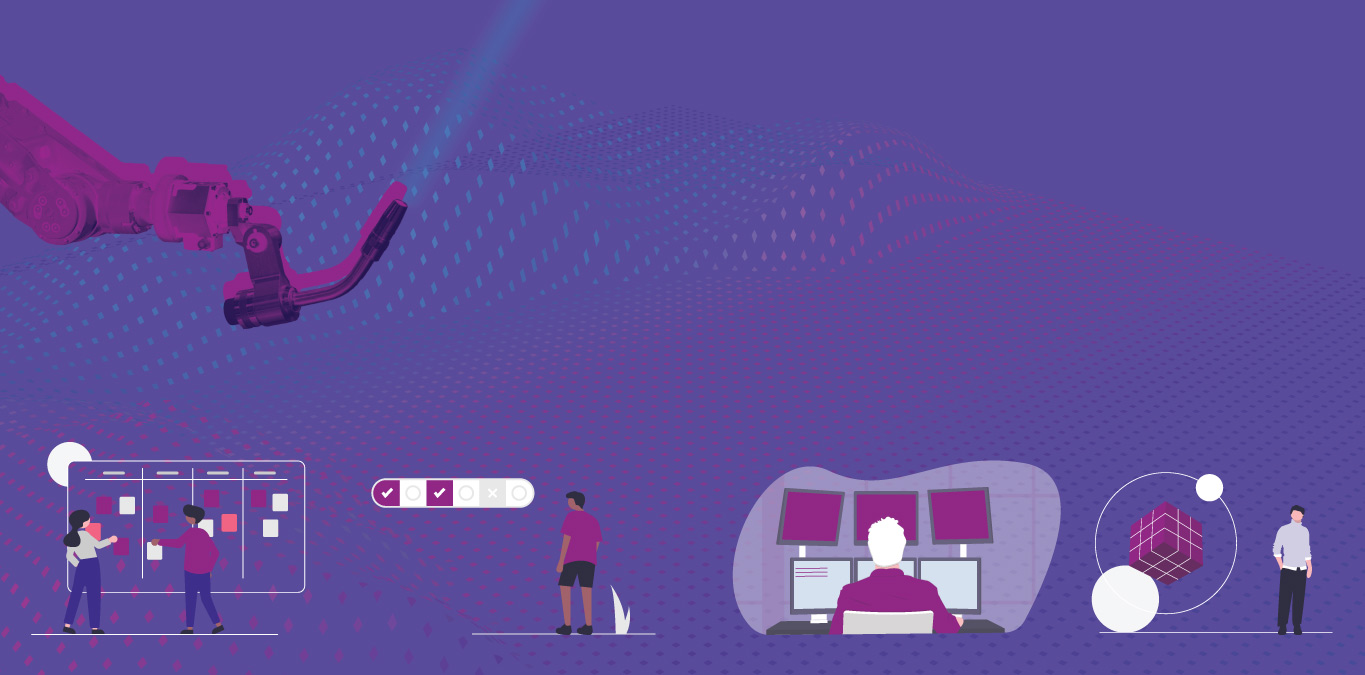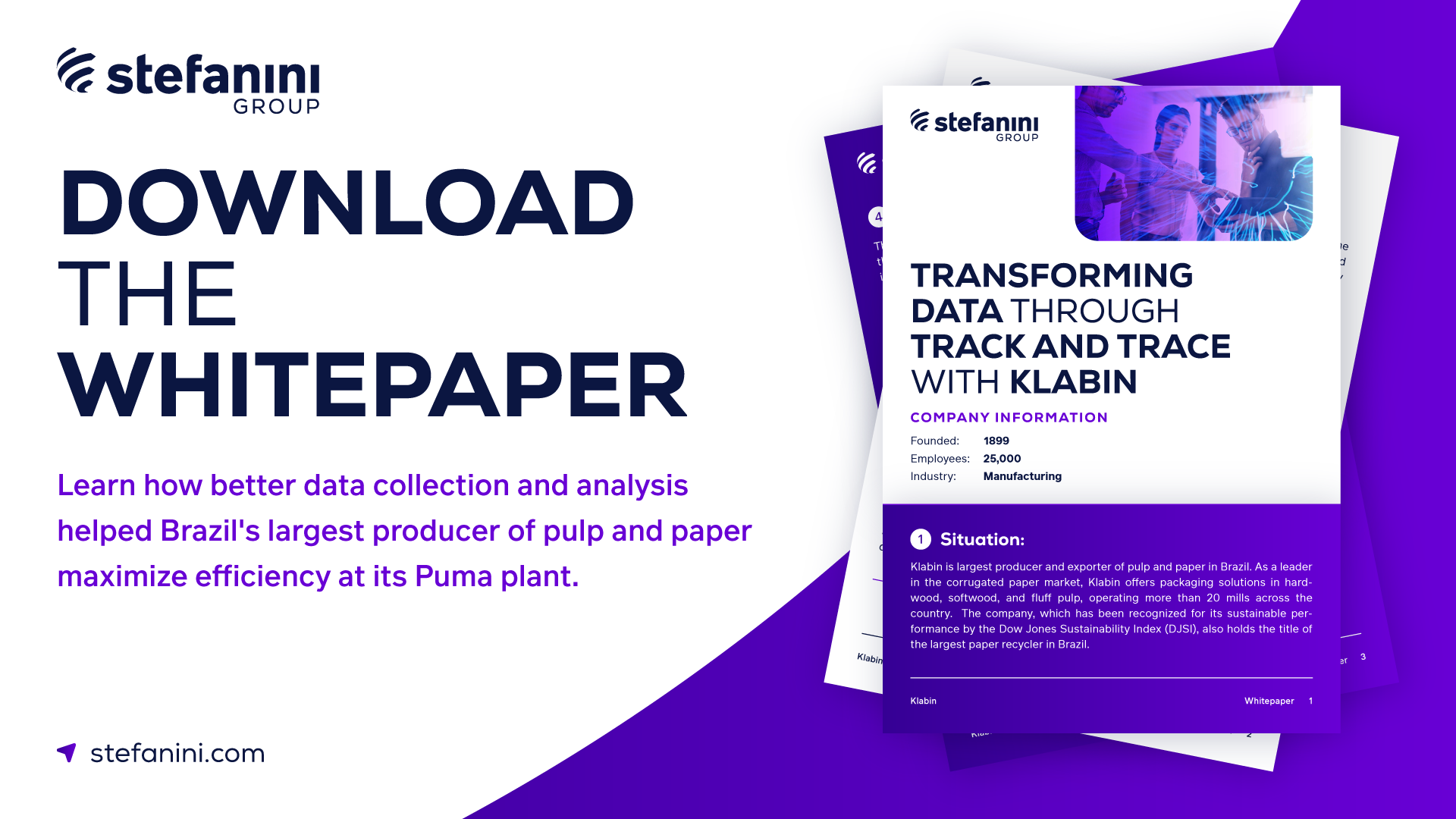An article by Sayali Pagrut, originally featured at Digitate here.
Enterprise Resource Planning (ERP) systems are very handy for organizations aiming to improve business performance and streamline their business operations. ERP systems integrate data from different functional departments, locations, business processes, etc. They help companies increase transparency, productivity, speed and gain monetary benefits, among others.
The other side of the coin is that many times ERP implementation and its maintenance can be quite challenging. Companies face numerous challenges in reaping the expected benefits. Some probable reasons are:
Business Complexity: ERP software is built considering standard industry scenarios, but that is not always the case in the real world. Hence, while implementing ERP, various customizations are required based on the company’s set-up and processes. This complicates the implementation and guzzles away time for the business to fully imbibe ERP. Every company may realize benefits differently as compared to the cost incurred for its implementation and maintenance.
Monotonous work: It is challenging for employees to upskill themselves to move to a tech-savvy environment upon ERP implementation. There can be resistance. Moreover, ERP implementation standardizes processes deeming some roles redundant and other tasks become monotonous and tiresome. Eat-Sleep-Work-Repeat affects employees’ performance and morale, while others need to upskill to fit into other roles. This results in poor outcomes, leading to unsatisfied customers.
Human Dependence for 24×7 Operations: Although ERP eases out manual tasks, they cannot be eliminated. ERP is expected to run the business smoothly round the clock. But a rise in the standard operating procedures also pushes the dependency on experts to handle particular situations. This can create hiccups in smooth functioning.
Slow Processes: ERP is known for having a central repository for all data across systems. However, proper coordination, timely response and quick adaption of process changes are important. When an issue occurs and there is a human dependency, data analysis becomes a challenge. It is comparable to finding a needle in a haystack with a timer on your back. The mean time to resolve creeps up, making the entire process slow and expensive.
Reactive Approach: Heavy reliance on ERP to carry out business efficiently often makes people lethargic. People start moving only when an issue occurs and are not able to anticipate problems in advance. This reactive approach can have serious problems and may negatively affect the company’s reputation. This also restricts the agility of the business.
What the ERP world needs is a product or a platform that will help ease out ERP’s technical and functional challenges. It must also integrate with other business-related IT elements. A product that will provide a holistic view of the business, provide insights and take up manual tasks, is the need of the day. Can Automation, AI/ML be explored to help resolve these issues?
Learn more about how Stefanini enables ERP with our Unique SAP approach. Click here!




















